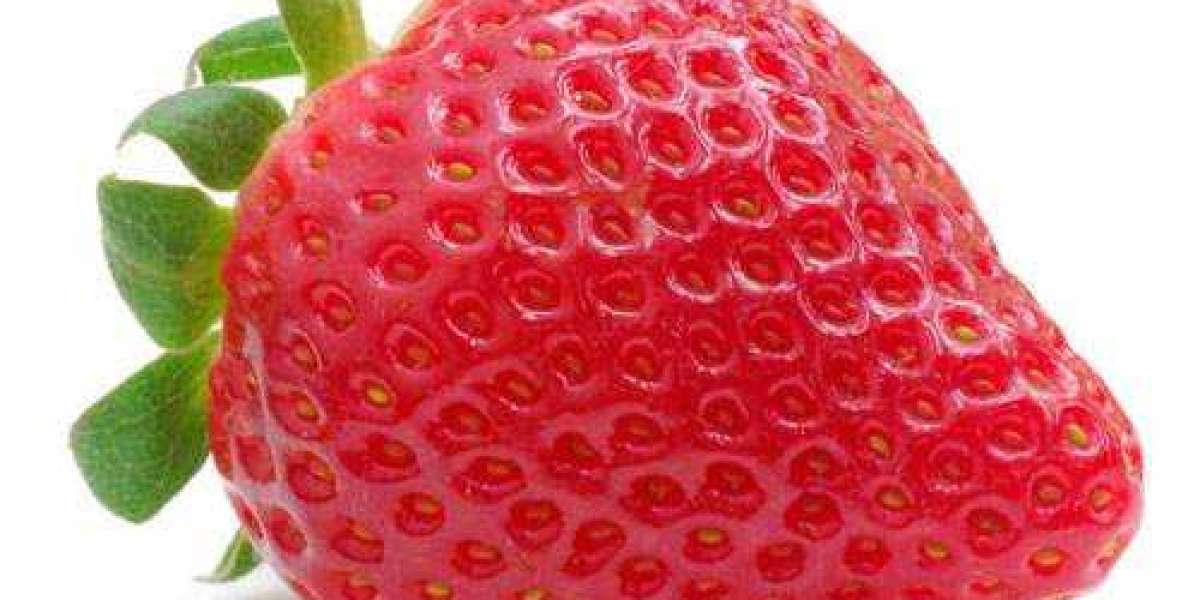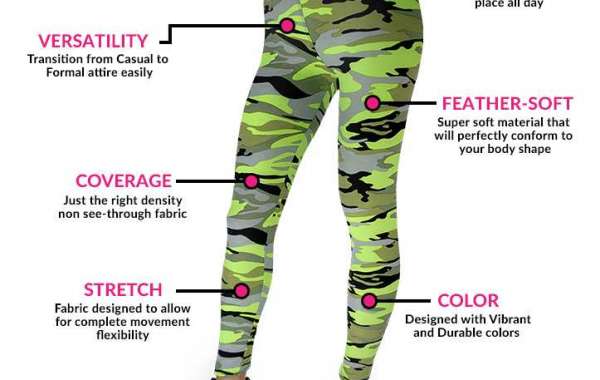Introduction:
In recent years, the global antimicrobial powder coating market has experienced significant growth due to the increasing demand for effective hygiene solutions across various industries. Antimicrobial powder coatings are specially designed to inhibit the growth of microorganisms on the coated surfaces, offering enhanced protection against harmful bacteria, fungi, viruses, and other pathogens. This article explores the key drivers, market trends, applications, and future prospects of the antimicrobial powder coating industry.
Growing Awareness of Hygiene:
The global COVID-19 pandemic has accelerated the focus on hygiene and cleanliness, making antimicrobial powder coatings increasingly important. Governments, businesses, and individuals are now more conscious of the need to maintain sterile environments, especially in healthcare facilities, food processing plants, and public spaces. Antimicrobial powder coatings play a crucial role in preventing the spread of infections by minimizing the survival and growth of microorganisms on surfaces.
Advantages of Antimicrobial Powder Coatings:
Antimicrobial powder coatings offer several advantages over traditional coating options. Firstly, they provide long-lasting protection, as the antimicrobial agents are embedded into the coating and remain effective even after repeated cleaning and abrasion. Secondly, these coatings are eco-friendly, as they contain low levels of volatile organic compounds (VOCs) and do not release harmful substances into the environment. Moreover, antimicrobial powder coatings are available in a wide range of colors and finishes, allowing for aesthetic customization while ensuring hygiene.
Market Drivers and Trends:
The antimicrobial powder coating market is driven by several factors. Firstly, the increasing prevalence of hospital-acquired infections and foodborne illnesses has created a strong demand for effective antimicrobial solutions. Healthcare facilities, such as hospitals and clinics, are adopting antimicrobial powder coatings on medical equipment, furniture, and touch surfaces to reduce the risk of infections. Similarly, the food industry utilizes these coatings on processing equipment, packaging materials, and kitchen surfaces to maintain hygienic conditions.
Furthermore, the rise in consumer awareness regarding hygiene has fueled the demand for antimicrobial powder coatings in household applications. Consumers are seeking antimicrobial protection for high-touch surfaces like door handles, light switches, and kitchen countertops. Additionally, the automotive and electronics sectors are integrating antimicrobial coatings to enhance the cleanliness and safety of vehicle interiors and electronic devices.
Regional Outlook:
North America and Europe are currently leading the antimicrobial powder coating market due to their stringent regulations on healthcare and food safety. These regions have a well-established healthcare infrastructure and robust food processing industries that prioritize hygiene. However, with the growing healthcare and consumer goods sectors, the Asia-Pacific region is expected to witness substantial growth in the coming years. Emerging economies such as China, India, and Brazil are investing heavily in healthcare infrastructure, which will drive the demand for antimicrobial powder coatings.
Challenges and Future Outlook:
Despite the promising growth prospects, the antimicrobial powder coating market faces challenges such as high costs and the need for regular maintenance. These coatings often require additional layers and specific surface preparation, making the process more complex and expensive compared to traditional coatings. Furthermore, the long-term effects of antimicrobial agents on human health and the environment require continuous research and development.
Looking ahead, the antimicrobial powder coating market is poised for significant expansion. Technological advancements in coating formulations and increased focus on research and development activities will lead to the development of more efficient and cost-effective solutions. Additionally, collaborations between coating manufacturers and healthcare institutions will enable the customization of coatings to meet specific industry requirements.
Key Market Players:
The key companies are Akzo Nobel NV, BASF SE, The Sherwin-Williams Company, PPG Industries Inc., and Lonza.
Conclusion:
The antimicrobial powder coating market is experiencing robust growth as industries and consumers increasingly prioritize hygiene and infection control. These coatings offer a range of benefits, including long-lasting protection, eco-friendliness, and aesthetic versatility. As the demand for sterile environments continues to rise, the market is expected to expand further, driven by advancements in coating technologies and increased awareness of the benefits of antimicrobial solutions. The antimicrobial powder coating industry is poised to play a vital role in enhancing hygiene and protecting public health in various sectors worldwide.
About Market Research Future:
At Market Research Future (MRFR), we enable our customers to unravel the complexity of various industries through our Cooked Research Report (CRR), Half-Cooked Research Reports (HCRR), Raw Research Reports (3R), Continuous-Feed Research (CFR), and Market Research Consulting Services. MRFR team have supreme objective to provide the optimum quality market research and intelligence services to our clients. Our market research studies by Components, Application, Logistics and market players for global, regional, and country level market segments, enable our clients to see more, know more, and do more, which help to answer all their most important questions.
Contact:
Market Research Future®
99 Hudson Street,5Th Floor
New York, New York 10013
United States of America
Phone:
+1 628 258 0071(US)
+44 2035 002 764(UK)
Email: sales@marketresearchfuture.com
Website: https://www.marketresearchfuture.com
















